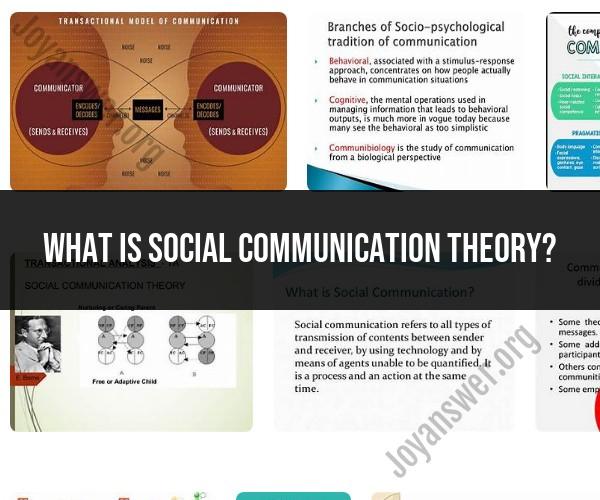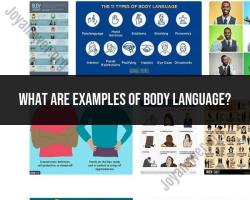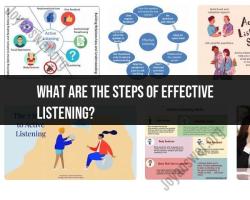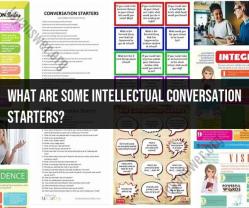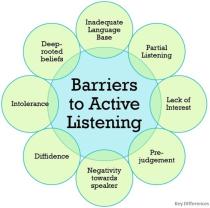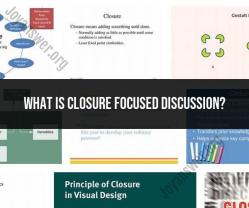What is social communication theory?
Social communication theory, also known as communication theory or social interaction theory, is a broad framework that encompasses various theories and models related to human communication in social contexts. It seeks to understand how individuals exchange information, influence one another, and establish and maintain relationships through communication. Social communication theory explores the dynamics of verbal and nonverbal communication, including the impact of culture, social norms, and individual differences. Some key aspects and concepts within social communication theory include:
Verbal and Nonverbal Communication: Social communication theory examines both verbal (spoken and written language) and nonverbal (body language, facial expressions, gestures) forms of communication. It recognizes that effective communication relies on the interplay between these channels.
Interpersonal Communication: It focuses on the communication between individuals, acknowledging the role of context, relationships, and the unique dynamics between communicators.
Intrapersonal Communication: This aspect looks at the internal processes of communication within an individual, including self-reflection, perception, and interpretation of messages.
Relational Communication: The theory emphasizes the significance of communication in the formation, development, and maintenance of social and personal relationships. It explores concepts like trust, empathy, and conflict resolution in relationships.
Cultural and Contextual Factors: Social communication theory recognizes that cultural background, social norms, and situational context significantly influence communication patterns and expectations.
Feedback and Feedback Loops: Effective communication involves the exchange of feedback, which allows communicators to adjust their messages and behaviors based on the responses they receive.
Theories of Persuasion and Influence: This aspect explores how communication can be used to persuade, influence, or change people's attitudes, beliefs, and behaviors. It includes models like the elaboration likelihood model and the social judgment theory.
Communication Barriers and Misunderstandings: The theory addresses common obstacles to effective communication, such as noise, language barriers, emotional factors, and perceptual differences.
Communication Competence: Social communication theory examines the skills and knowledge required for competent communication, including the ability to adapt communication style to various audiences and situations.
Communication Ethics: It includes considerations of ethical principles in communication, such as honesty, respect, and accountability.
Technological and Mediated Communication: With the rise of digital communication technologies, social communication theory explores the impact of digital media on social interaction, including online communication, social media, and virtual reality.
Scholars and researchers within the field of communication studies have developed various models and theories to explain and predict communication behavior and outcomes. These theories often serve as lenses through which to analyze and understand real-world communication events and phenomena.
It's important to note that social communication theory is a vast and evolving field, encompassing a wide range of perspectives and approaches. Researchers and practitioners draw from these theories to better understand and enhance interpersonal and social communication in everyday life and in various professional contexts, such as business, healthcare, education, and media.
Social Communication Theory: Unraveling the Dynamics of Interaction
Social communication theory (SCT) is a theoretical framework that examines the complex dynamics of human interaction. It views communication as a process of constructing and maintaining social reality, and explores how individuals and groups use communication to create, share, and negotiate meaning.
SCT draws on a wide range of disciplines, including sociology, psychology, linguistics, and anthropology. It is a holistic approach to communication that considers the social, cultural, and historical contexts in which communication takes place.
Key Concepts and Frameworks in Social Communication Theory
Some of the key concepts and frameworks in SCT include:
- Social construction of reality: SCT emphasizes the role of communication in the social construction of reality. This means that our understanding of the world around us is shaped by the way we communicate about it.
- Communication as a process: SCT views communication as a dynamic process, rather than a static event. This means that communication is always changing and evolving.
- The role of context: SCT recognizes that the context in which communication takes place has a significant impact on its meaning and interpretation. This includes the social, cultural, and physical context.
- Communication as a transactional process: SCT views communication as a transactional process, in which both participants are actively involved in constructing and sharing meaning.
- The role of power: SCT acknowledges that power plays a role in all communication interactions. This means that some participants may have more influence over the communication process than others.
The Role of Culture, Context, and Technology in Communication
SCT emphasizes the role of culture, context, and technology in communication. Culture refers to the shared values, beliefs, and practices of a group of people. Context refers to the social, cultural, and physical setting in which communication takes place. Technology refers to the tools and devices that people use to communicate.
SCT recognizes that culture, context, and technology all play a role in shaping the meaning and interpretation of communication. For example, the same message may be interpreted differently in different cultural contexts. Or, the same message may be interpreted differently depending on the communication channel used.
Applications of Social Communication Theory in Various Fields
SCT has a wide range of applications in various fields, including:
- Education: SCT can be used to improve teaching and learning outcomes by helping educators understand the complex dynamics of communication in the classroom.
- Business: SCT can be used to improve communication and collaboration within organizations. It can also be used to develop effective marketing and advertising campaigns.
- Healthcare: SCT can be used to improve communication between healthcare providers and patients. It can also be used to develop effective health education programs.
- Media and communication studies: SCT is a valuable framework for analyzing and understanding the role of media in society. It can also be used to develop ethical guidelines for media reporting.
Future Developments and Debates in the Study of Social Communication
The field of social communication theory is constantly evolving, as new research and technologies emerge. Some of the key areas of future development include:
- The impact of digital technology: Digital technology has had a profound impact on the way we communicate. SCT scholars are interested in understanding how digital technology is changing the dynamics of social interaction and the construction of social reality.
- The role of artificial intelligence: Artificial intelligence (AI) is another rapidly developing technology that is having a major impact on communication. SCT scholars are interested in understanding how AI is changing the way we communicate with each other and with machines.
- The role of social media: Social media platforms have become a major part of our lives. SCT scholars are interested in understanding how social media is changing the way we communicate and how it is shaping our social reality.
SCT is a vibrant and growing field of study that offers a unique perspective on the complex dynamics of human interaction. It is a valuable tool for understanding and navigating the world around us.
